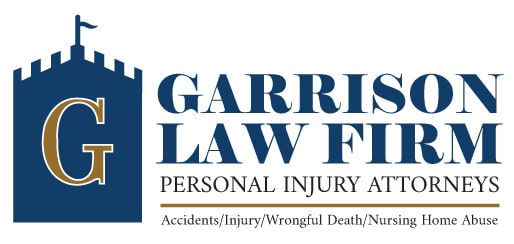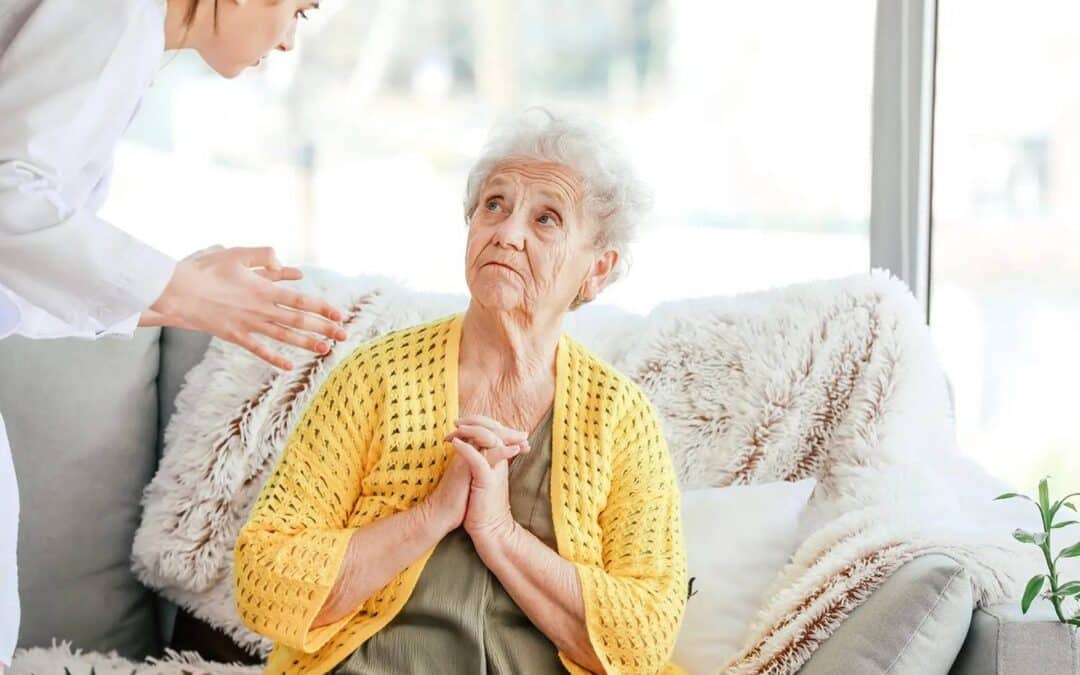The decision to place a loved one in a nursing home is never easy. However, you may have to do so for a variety of reasons, such as not being able to provide adequate care at home.
And, while many excellent nursing homes take fine care of their residents, there are also some not-so-great ones out there. For this reason, be aware of the warning signs that your loved one is being abused, especially if he or she is unable to vocalize abuse or unfair treatment to you.
Unexplained Injuries
One thing to be on the lookout for is any unexplained injuries on your loved one’s person. Perhaps you notice bruises, sores, or other marks. Whatever the case may be, always ask how an injury happened.
If you find that no one on the nursing home staff can give you a clear answer on how and why the injury happened or that the answers are conflicting, then abuse could be the culprit. At the very least, neglect or unfair treatment may be happening.
Be sure to document and report any and all injuries so that you have a clear record of the poor treatment should you need to bring a case against the nursing home.
Broken Bones or Fractures
While any and all injures to your elderly loved one should be taken seriously, be especially wary of broken bones or fractures. These can indicate that the person has fallen repeatedly due to not being watched properly or that the person has been assaulted in some way.
A doctor can often tell the cause of the broken bone or fracture. To be safe, seek advice and diagnosis from a medical professional who does not have any kind of affiliation with the nursing home and who will be honest with you instead of trying to protect the home in some way.
Regular Restraining Methods
When you pay to have your loved one in a nursing home, you pay to have that person well taken care of and able to move around as freely as possible.
Sadly, some nursing homes or caretakers try and restrict movement and mobility of the residents in order to make their jobs easier. However, residents should be restrained only in extreme circumstances, not as a regular occurrence.
Try regularly dropping by the home unexpectedly to see whether your loved one has been left restrained. Also, be on the lookout for restraint marks, such as unexplained gashes at the wrist, ankles, or waist.
If you think your loved one is being restrained often and unnecessarily, abuse may be occurring.
Unexplained Weight Loss
In addition to monitoring the overall condition of your loved one, you should also be aware of his or her weight. Any changes in weight, especially unexplained weight loss, is cause for concern.
Monitor your loved one’s weight and take notice of any significant drops. Sadly, these can sometimes be a sign that the person is not getting enough to eat or is not being fed or monitored properly when eating.
Fearful or Anxious Behavior
Sometimes, as people age, they may become more anxious or fearful. This can sometimes happen for natural reasons, such as mental decline.
However, unexplained fear or worry could mean that your loved one is genuinely scared of his or her caregivers. When possible, ask your loved one about any changes in behavior and always try to get to the root cause of any such changes.
If you suspect abuse based on these or any other signs, do not hesitate to get help and justice for the person you care about. A great first step for voicing your concerns and seeing what can be done about them is contacting the professionals at Garrison Law Firm.


